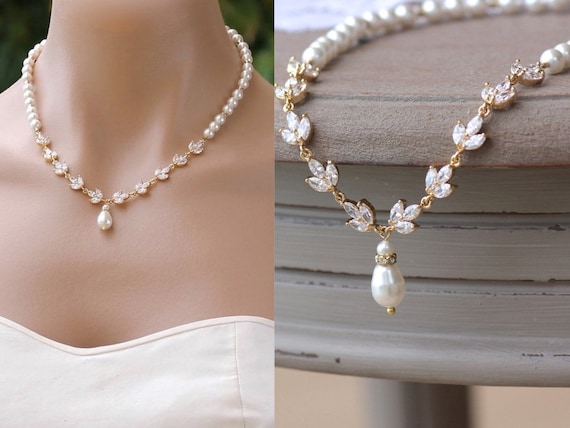
A of the main concerns in the jewelry sector is the environmental impact of gold mining. Traditional mining techniques can result to deforestation, soil degradation, and water contamination. These methods not only harm the ecosystem but also impact local communities that depend on these natural resources. Gold purchasers who focus on sustainable procurement can help minimize these negative impacts. By choosing to partner with suppliers who use sustainable mining methods or repurposed gold, they can promote a more sustainable approach to jewelry manufacturing. This shift can result to a healthier planet and better living conditions for communities engaged in gold extraction.
In addition to ecological issues, ethical issues surrounding workforce conditions in the gold mining sector are also important. Many gold mines operate in regions where laborers face hazardous conditions, low pay, and abuse. Gold buyers can affect these conditions by supporting companies that adhere to just labor standards. By choosing to buy gold from suppliers who ensure safe labor environments and equitable pay, gold purchasers can help protect the rights of laborers. This dedication to responsible labor conditions not only helps the workers but also enhances the image of the jewelry sector as a collective.
Buyer education is another vital aspect of promoting sustainable jewelry methods. Gold purchasers can take an important part in informing consumers about the importance of ethical sourcing. By providing clear details about where and how gold is sourced, purchasers can assist buyers take more informed choices. This transparency allows consumers to comprehend the impact of their purchases and motivates them to back brands that visit site focus on sustainability. When more buyers seek responsible jewelry, companies will be incentivized to embrace responsible practices, creating a positive cycle of change in the industry.
Finally, the influence of gold buyers extends beyond individual purchases. By advocating for sustainable practices within the industry, they can help shape policies and standards that promote ethical sourcing. Partnering with groups that concentrate on sustainable mining and equitable trade can enhance their influence. When gold purchasers collaborate in unison with these groups, they can establish a more powerful advocacy for transformation, motivating the entire jewelry industry to adopt more sustainable practices. This collective effort can lead to a more ethical and environmentally friendly jewelry market, benefiting both consumers and the planet.